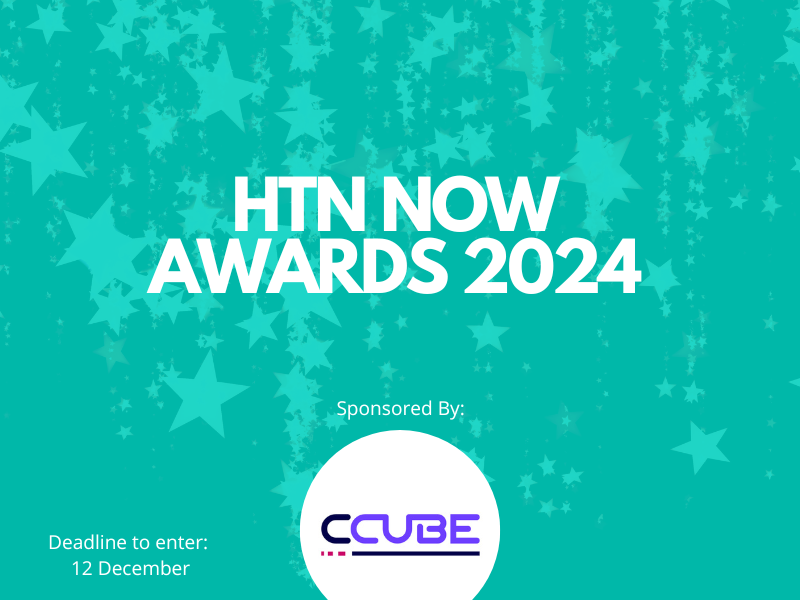We spoke with Connected Nottinghamshire:
Connected Nottinghamshire on behalf of Nottingham City and County Health and Wellbeing Boards (which include CCGs, health and social care organisations) successfully submitted their joint LDR document at the end of June. The document detailed how they will work together to meet the challenges of closing the health and wellbeing gap, the care and quality gap and the finance and efficiency gap by 2020. It also sets out a vision for achieving the highest level of digital enablement with their staff able to connect to information systems whenever and wherever they need to across Nottinghamshire.
The above process was delivered via core governance and robust methodologies of the Connected Nottinghamshire programme whose members also chair the IMG&T SRO Board. This board has a direct relationship with board level representatives of all health and social care organisations across Nottinghamshire and as part of the LDR submission has been working very closely with local STP teams to ensure we are fully aligned with existing and new models of care.
They received what can only be described as absolutely great feedback from NHS England regarding their LDR submission where it was noted “ your submission should be celebrated as an exemplar and potentially used as a blue print for others” which is testament to the hard work of those involved across both health and social care organisations in Nottinghamshire.
A number of areas have been identified that require improvement over the next three years, such as:
- Medical Interoperability Gateway (MIG) – delivering secure key data sharing from GP practices to Hospitals, Out of Hours and other community healthcare provider teams across Nottinghamshire
- Community Portal (CareCentric) – delivering a secure information exchange across both health and social care, providing health and care professionals access to the information they need to deliver safe and efficient ‘seamless’ care, regardless of location and organisation
- GP Repository for Clinical Care (GPRCC) – Sharing information for direct and indirect care (secondary) purposes will support the ambitions of the Sustainability and Transformation Plans of “The right information, To be available at the Right Place, For the Right Person, To make the Right Decisions, At the Right Time Always”
- Infrastructure to support new, more efficient ways of working across the Health and Social Care community
- Support self-care and healthy living, technology can play a key role. Provision of information to support healthy lifestyles and citizens/patients living with health conditions, the use of web and mobile application technologies can provide access to vital information
The future digital maturity for Nottinghamshire will increase dramatically over the next two years. As such the key challenges have been
- Maintaining robust communication links with all stakeholders to support continued engagement. This has been supported by CCGs, GP representative, LMC representative, patient representative and partner organisations
- Managing lengthy and changing delivery timescales due to complexities across multiple organisations (both health and social care). This has been supported by well attended project board meetings with representation across all areas
- Supporting GP practices via engagement events, training and governance documentation approval including Information Sharing Agreements and Data Processing Agreements etc. This has been supported by a lead GP at project board level
A Nottinghamshire wide information governance and change management toolkit is being developed to help bring together organisations across both health and social care. In parallel we are supporting areas such as driving up the digital maturity and sustainability of organisations to ensure that Nottinghamshire Health and Social Care providers are making the most of the opportunities of digital enablement.
Whilst they are fully committed to supporting the delivery of the Local Digital Roadmap they are also, as a community, mindful of future technological changes, suppliers and centralised standards. With this in mind they will continue to monitor and engage with external initiatives such as the Midlands Accord to support future improvements, collaboration, assurance and standards that will shape our future approach to technology, footprint and delivery.
Our vision for a fully digital and interoperable Nottinghamshire requires change and commitment across the entire health and social care system. They are absolutely committed to the implementation of this Local Digital Roadmap and will work together across Nottinghamshire to deliver their ambitions, and, the Health and Wellbeing board will serve to strengthen their commitment as partners. Whilst they are aware that the delivery of this Local Digital Roadmap is ambitions they firmly believe that it can be achieved by 2020.




